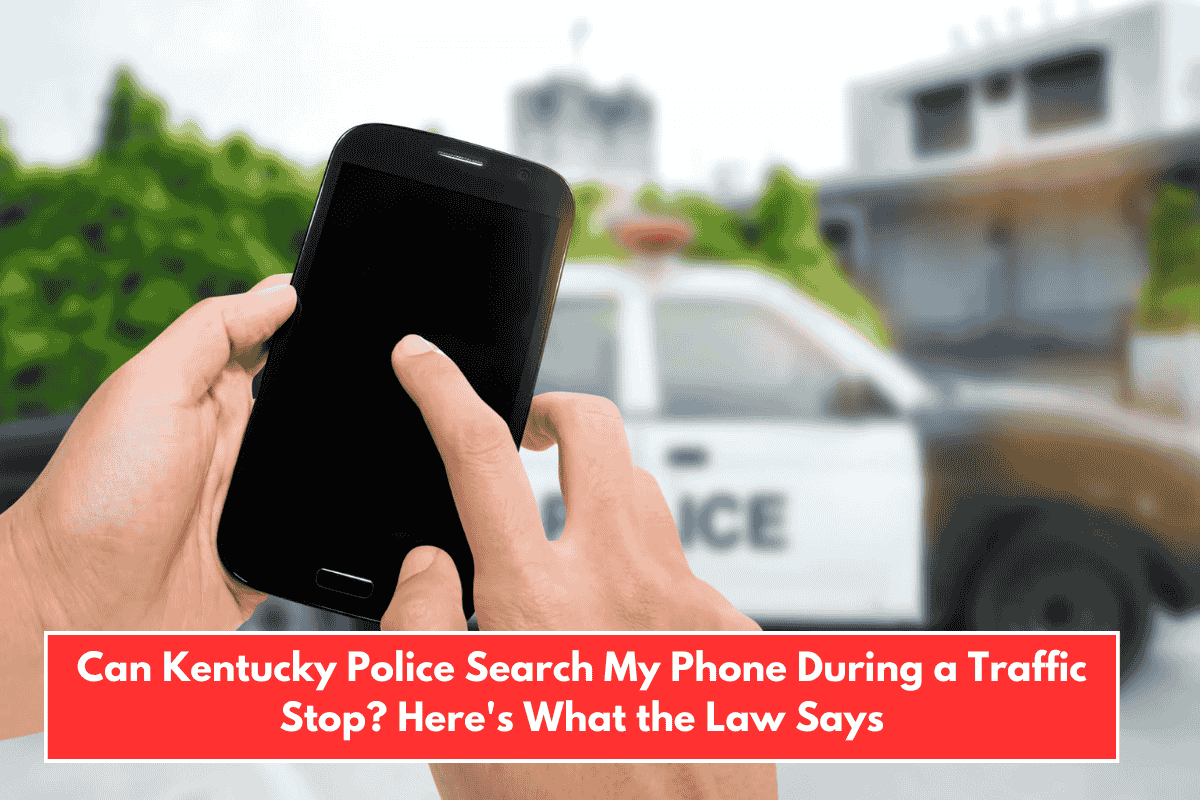Warrant Requirement for Cell Phone Searches
Kentucky police cannot search the contents of your phone during a traffic stop without a search warrant. This protection is based on both federal and state law:
- The U.S. Supreme Court ruled in 2014 that police must obtain a warrant before searching the contents of a cellphone, even after an arrest, recognizing the extensive personal information stored on modern devices.
- Kentucky courts have reinforced this, requiring law enforcement to secure a warrant before accessing real-time cellphone location data or searching a phone’s contents, except in rare, clearly defined emergency situations.
Exceptions: Exigent Circumstances
- Police may search your phone without a warrant only in exigent circumstances-for example, if there is an immediate threat to life or risk of evidence being destroyed. Such situations are rare and must be justified by the officers.
Your Rights During a Traffic Stop
- You have the right to refuse consent to any search of your phone or vehicle during a traffic stop.
- If asked, you can politely state, “I do not consent to a search of my phone.”
- If you are arrested, you still have the right to remain silent and request an attorney before answering questions or consenting to searches.
Summary Table: Kentucky Cell Phone Search Rules
| Situation | Can Police Search Your Phone? |
|---|---|
| Routine traffic stop | No, not without a warrant |
| After arrest | No, not without a warrant |
| With your consent | Yes |
| Exigent circumstances | Yes, but only in rare, urgent cases |
Bottom line:
Unless you give explicit consent or there is a true emergency, Kentucky police must have a search warrant to search your phone during a traffic stop or after arrest. You have the right to refuse consent and to remain silent.














